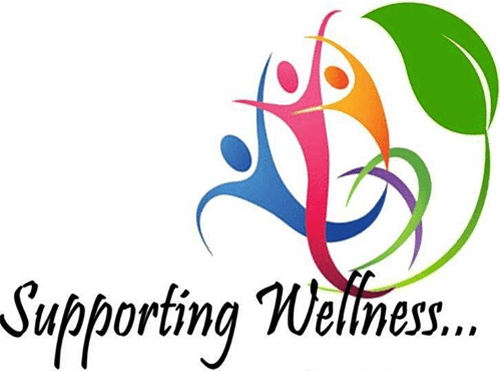Communication. As Simple as “I” Statements?
By Lisa Thomson
We have all heard about using “I” statements and sticking to the topic at hand. These are definitely useful in learning to communicate, especially with your partner or in a conflict situation. But let’s take it a step further and put some tools into action that can make a more significant impact.
Actively Listen. Openness and presence begets openness and presence.
Get out of your own head. Stop thinking about what you will say next. Listen with the intention of understanding. We don’t typically resolve disagreements by taking a defensive stance and continuously re-stating our own rationale. It is human nature to want to feel heard, seen and understood. When you take the time to truly hear your partner, you will likely notice in them a new openness to hearing and understanding you too.
Be interchangeable with what you are hearing the other person say.
Being interchangeable means paraphrasing what the other person is saying. Forget the guesswork. You are simply stating back to them exactly what they are saying, though maybe in less words. This allows you to make sure you got it right and truly heard what they were saying. It also helps build connection and demonstrates to them that you are listening and are fully present. For example, “You went to work today, thinking it was a typical day, and ended up being laid off. You knew layoffs were coming, but the situation today left you in shock. And you‘re feeling unsettled.” Or, in a conflict situation, an example may be: “When I said _____, you felt disrespected.”
Listen for what is important to them. What is their belief or perception? What are the values that are you hearing them express in what they are saying? Identify the meaning in their message.
This sounds simpler than it is, so don’t get discouraged if it takes some practice. But if you put in the effort to really understand what is important to your partner, child, friend, or anyone else you are talking to, and are able to demonstrate your understanding to them, you may reach a whole new level of connection and find an openness in them you did not think existed. Start your sentence with, “This is important to you because…”
Validate the emotion associated with what they are saying.
For example, “When I shut down and turned away from you, you felt abandoned and rejected.”
Healthy and effective communication is an incredible skill that most of us were not taught growing up. And it only seems more difficult to learn the older we get and the more intense our emotions are in a situation where we are most desperate to use these skills. These skills can benefit us in every area of our lives, and are possible to learn if you’re interested and invested.
Keep in mind, habits and patterns that have developed over the course of many years will not change overnight. But with commitment and practice, you will see positive outcomes.
Pause, notice and celebrate small successes. Everyday. This is key.
Lisa Thomson, MA, RMFT, Registered Provisional Psychologist is a Marriage and Family Therapist at Supporting Wellness Counselling in Calgary, AB. She supports individuals, couples and families struggling with relationship challenges or feeling stuck and at a crossroads. To schedule an appointment go to www.lisathomsoncounselling.com.
